All motorhomes can be classified as RVs, not all RVs are motorhomes. Motorhomes are divided into classes – Class A, B, and C – each offering different features and amenities that cater to various needs and preferences.
The phrase “RV” is an abbreviation for Recreational Vehicle, encompassing a range of mobile accommodation options such as trailers and motorhomes. A motorhome is a specific type of RV that combines living quarters with a drivable vehicle, allowing for both travel and lodging. While some might use “RV” specifically to refer to motorhomes, the term more broadly applies to various types of campers. Therefore, it’s accurate to categorize a motorhome as a subset of RVs.
Understanding RV and Motorhome Categories
In exploring the diverse world of recreational vehicles, I’ll clarify the distinctions among varied RV and motorhome types. Understanding these categories is essential for choosing the right vehicle that fits your travel needs and lifestyle.
Classifying Motorhomes: Class A, B, and C
Class A Motorhomes represent the pinnacle of size and luxury on the road. These are akin to rolling estates, up to 45 feet in length, offering expansive living space and amenities that might include full-size refrigerators, king-size beds, and even multiple slide-outs to expand the living area.
In contrast, Class B Motorhomes, also known as camper vans, are much more compact. Built on van chassis, these motorhomes are easier to navigate and park, making them ideal for solo adventurers or couples. Inside, space is optimized with convertible sleeping areas and small, yet functional kitchenettes.
Lastly, Class C Motorhomes strike a balance between A and B. They’re built on a truck chassis with an attached cab section, typically with a characteristic over-cab sleeping area. These motorhomes offer more room than Class Bs and are often equipped with full bathrooms, making them suitable for families.
Differences Between RVs, Campers, and Trailers
The term RV is an umbrella category that encompasses motorized vehicles (motorhomes) and non-motorized ones, which are referred to as trailers or campers. Trailers, such as travel trailers, fifth wheels, pop-up campers, and truck campers, must be towed by a separate vehicle. Travel trailers attach to the towing vehicle via a traditional hitch, whereas fifth wheels require a special in-bed hitch for stability and enhanced maneuverability.
Specialized RV Types: Campervans and Fifth Wheels
Campervans, the informal term for Class B motorhomes, offer a nimble form of travel with basic amenities like beds, a small kitchen, and sometimes a compact bathroom.
On the other side of the spectrum, fifth wheels are a type of trailer that provides a home-like environment. They often come with multiple slide-outs, residential-sized appliances, and are known for their spacious living quarters. Given their size, they require a pick-up truck with a fifth-wheel hitch for towing.
Within the realm of RVs, one can find specialized models like the toy hauler, designed to bring along motorbikes, ATVs, or other large toys with the inclusion of a garage space in the unit’s rear. Each category caters to different travel experiences, from the simple and rustic to the lavish and full-featured.
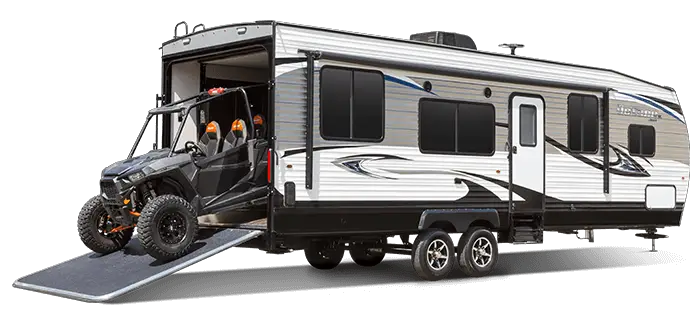
Key Features and Amenities in Motorhomes
When I explore the various motorhomes on the market, I focus on the intricacies of their interiors, from the layout of the living quarters to the functionality of the kitchen and bathroom. These are critical components that affect comfort and convenience on the road.
Living Spaces and Bedrooms
Motorhomes are designed to provide a comfortable living experience, and my examination reveals that the living spaces and bedrooms are often equipped with slide-outs to increase the available space. These areas typically feature convertible sofas or dedicated beds, often stylized as master suites in higher-end models. Above all, storage options are cleverly integrated, utilizing spaces such as under-bed compartments and overhead cabinets.
Kitchen Essentials
The kitchen is a central feature in motorhomes, and every inch is maximized for efficiency. I find that even compact units come with a refrigerator, microwave, and stove-top. Luxurious models may include full-sized fridges and extensive counter space. A sink and ample storage space for cookware and groceries are standard, ensuring that meal preparation while traveling remains practical.
Bathrooms and Storage Solutions
In my review of motorhome amenities, the bathroom often mirrors the comforts of home, featuring a shower, sink, and often a separate water closet. Strategic storage solutions are in place to accommodate toiletries and towels. Additionally, exterior storage compartments are fundamental for larger items, keeping the interior uncluttered and organized.
Technical Aspects of Motorhome Mastery

As a seasoned motorhome enthusiast, I’ve gathered crucial insights into the technical aspects of motorhomes that impact their performance and livability. My expertise will guide you through engine specifics, towing dynamics, and the intricacies of fuel management.
Engine and Maintenance Insights
The heart of a motorhome is its engine, which dictates both its power and efficiency. Maintenance is paramount here; regular oil changes, filter replacements, and cooling system checks ensure longevity and prevent breakdowns. For instance, diesel engines, commonly found in larger Class A motorhomes, require diligent monitoring of fuel filters and air intake systems.
- Oil Change Frequency: Every 5,000 to 8,000 miles
- Key Checks: Coolant levels, tire pressure, brake pads
Towing Capabilities and Considerations
Motorhomes vary in their towing capabilities. The vehicle’s chassis and engine determine how much weight it can tow safely. A Class A motorhome typically has substantial towing capacity, ideal for bringing along a small car or trailer. However, understanding the limitations is crucial to avoid strain on the engine or transmission.
- Towing capacity: 5,000 to 10,000 pounds for Class A
- Towing Tips: Ensure brakes and tires of both the motorhome and towed vehicle are in top condition
Fuel Economy and Driving Dynamics
Fuel economy is often a concern for motorhome owners. Gasoline engines in motorhomes have varying gas mileage, with larger engines and vehicles naturally consuming more. For driving, a motorhome’s turning radius and tires play critical roles in maneuverability and safety. I regularly check tire tread and pressure to maintain optimal driving conditions and fuel efficiency.
- Fuel Considerations:
- Regular vs. Diesel: Diesel may offer better mileage
- Driving Habits: Smooth acceleration and deceleration can improve mileage
- Driving Dynamics:
- Turning Radius: Higher for Class A motorhomes, requiring more space for maneuvers
- Tires: Regular inspection for wear and correct pressure
Lifestyle and Practical Uses of Motorhomes
Motorhomes offer a unique blend of home-like comforts intertwined with the freedom of the road, making for an incomparable lifestyle. My exploration will reveal the intricacies of this dynamic living arrangement.
Types of RV Camping Experiences
Campgrounds and National Parks: My encounters with RV camping span from rustic experiences at secluded campgrounds to the breathtaking vistas of national parks. Each location promises a different canvas for my memories, with the same motorhome effortlessly transitioning between the diverse terrains.
Tailgate Parties: The joy of hosting a tailgate party from the convenience of my motorhome is unmatched. I’ve found the expansive living area to be perfect for entertaining fellow fans, turning each game into a sociable event with all the amenities of home.
Travel, Living Area, and Storage Utilization
Maximizing Space: Traveling in a motorhome enables me to bring the essentials of home wherever I go. Ingenious floor plans ensure that every inch of space is optimized for living and storage, so I never feel like I’m missing out, whether it’s a weekend jaunt or a cross-country odyssey.
Accessibility and Flexibility: The living area, often extendable through slides, provides a comfortable abode for relaxation or work. With this fluidity of space, I’ve adapted my motorhome to suit my needs, be it a cozy retreat or a makeshift office with a view.
Luxury Features and Customization Options
Heating and Fireplaces: The incorporation of heating systems and even fireplaces into my motorhome has transformed the camping experience into a year-round possibility, lending a touch of luxury and warmth previously relegated to traditional homes.
Personal Touches: Customization options are vast when it comes to motorhomes. I’ve seen floor plans modified to suit personal tastes, from the installation of state-of-the-art entertainment centers to the implementation of satellite systems, turning the motorhome into an opulent sanctuary on wheels.
Navigating Legal and Practical Ownership Concerns
When considering ownership of a recreational vehicle (RV), it’s important to grasp the legal stipulations and practical aspects that come with it. From understanding the regulatory environment to recognizing the long-term value and costs, these factors heavily influence the RV experience.
Understanding Towing Regulations and Licenses
I must adhere to specific towing regulations that vary by state. Familiarity with the Department of Motor Vehicles (DMV) requirements is imperative since some towable RVs may necessitate a special license or endorsements. Before I hit the road, I am careful to ensure my tow vehicle and RV comply, as non-compliance can result in hefty fines and challenging legal issues.
- Tow Vehicle Requirements: Each state has particular criteria regarding weight limits and braking systems.
- License Endorsements: For larger RVs, a commercial or upgraded driver’s license might be required.
Maintenance, Safety, and Insurance Factors
Maintenance and safety are critical areas where I always stay proactive. Regular inspections and timely repairs are part of my routine to prevent roadside emergencies. I focus on the following:
- Regular Maintenance: Checking engine health, tire pressure, and brake functionality in both the RV and the tow vehicle.
- Safety Measures: Installing smoke detectors, carbon monoxide alarms, and fire extinguishers as well as a thorough understanding of my RV’s emergency exits.
For insurance, I choose comprehensive coverage that protects my investment from possible threats, including collisions, natural disasters, and theft.
- Insurance: I opt for coverage that aligns with the value and potential risks associated with owning and driving an RV.
Calculating the Value and Depreciation
The value of my RV is affected by its make, model, condition, and market demand. Here’s how I view depreciation and calculate potential resale value:
- Initial Depreciation: New RVs typically depreciate rapidly in the first few years.
- Resale Value: I keep detailed maintenance logs as a well-kept RV can retain a higher resale value.
Understanding the factors and trends influencing RV depreciation is vital for making informed purchasing decisions.


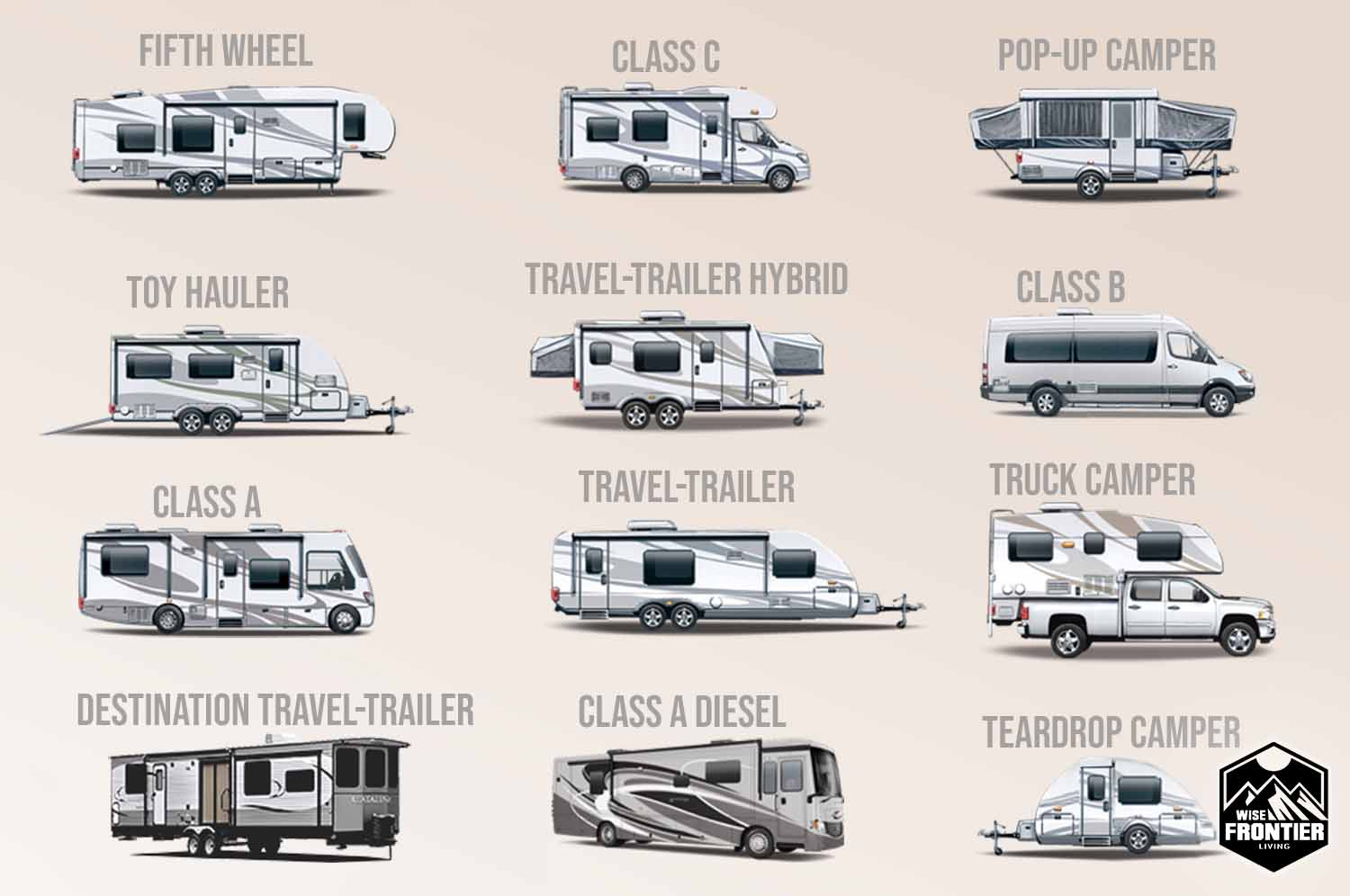
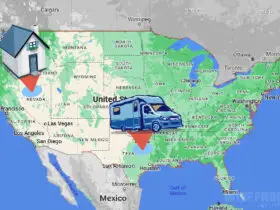
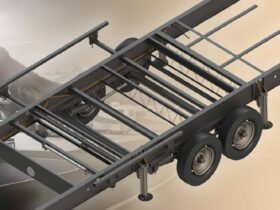
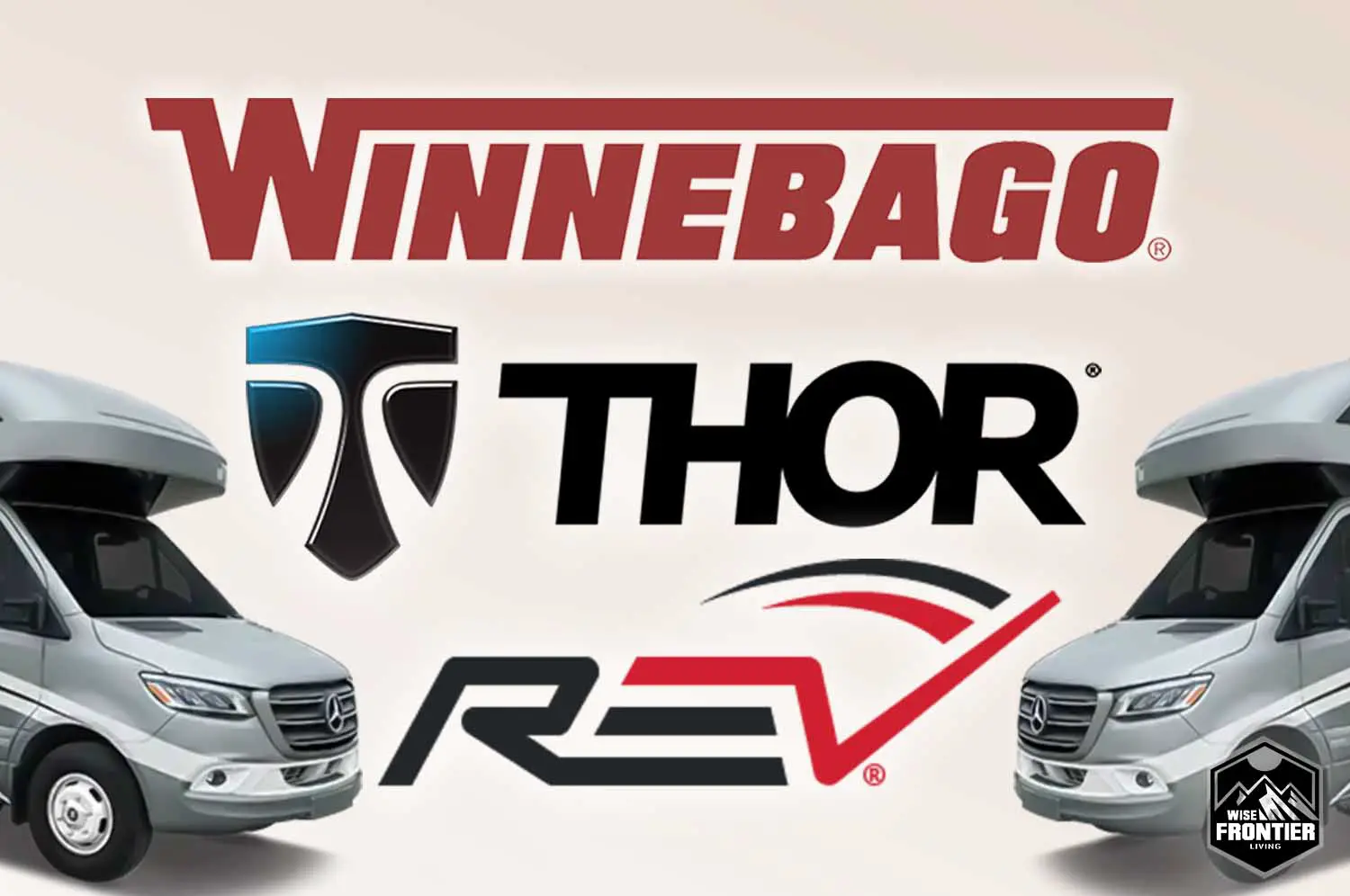
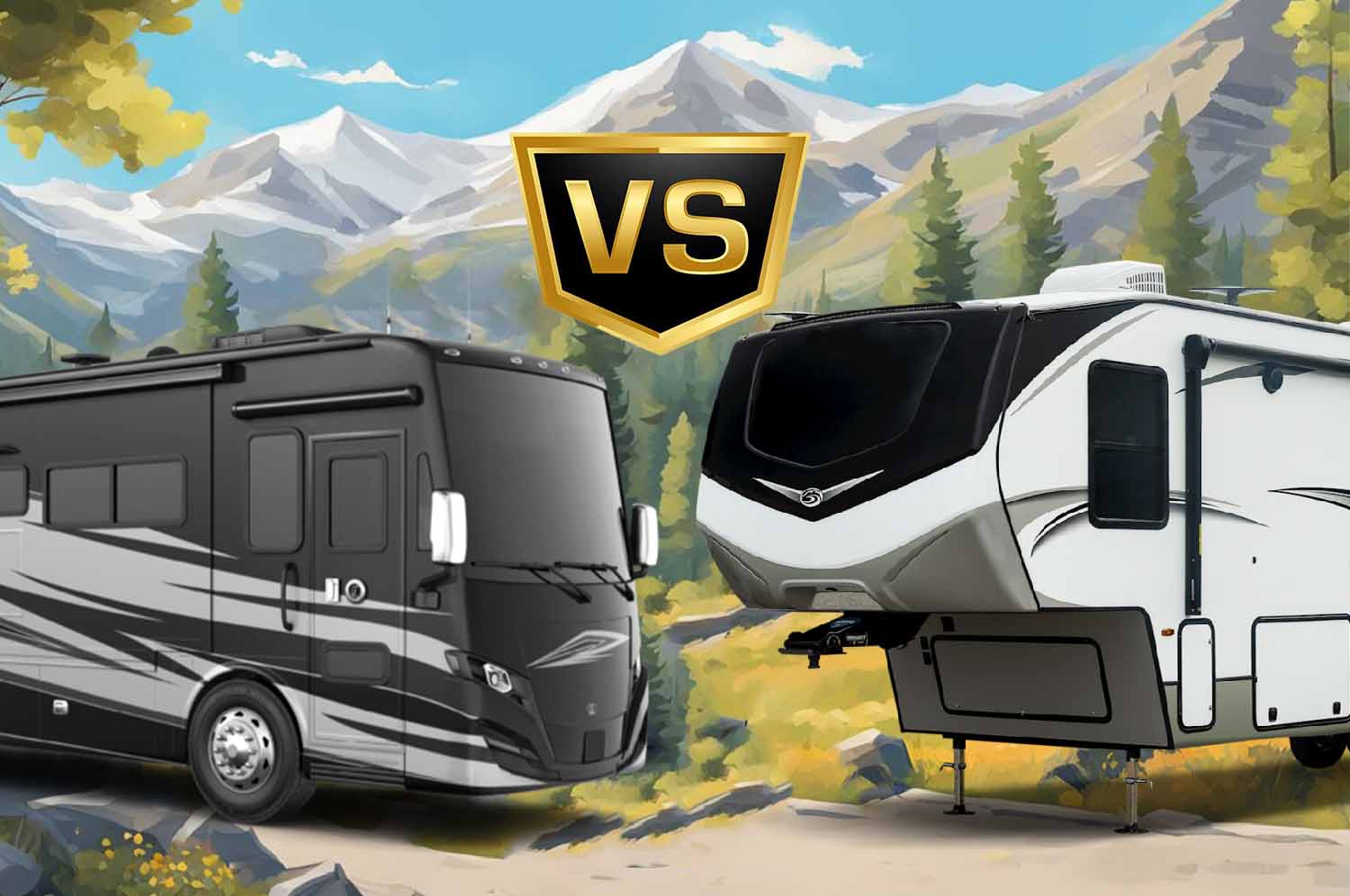
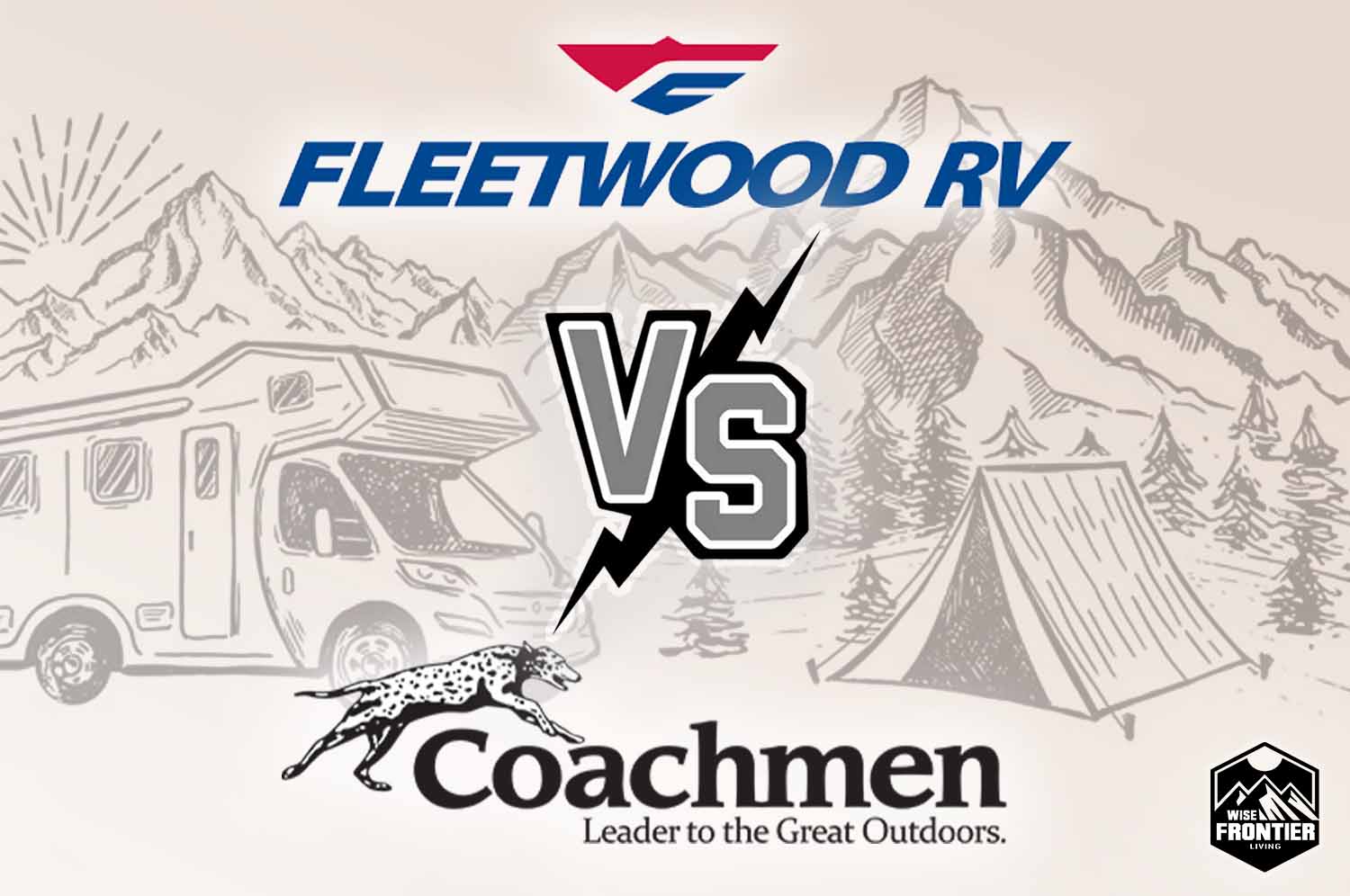
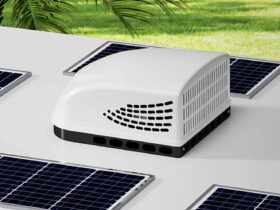
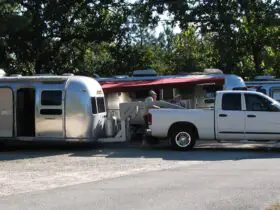
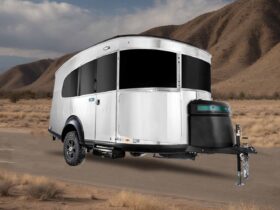

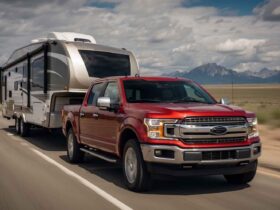
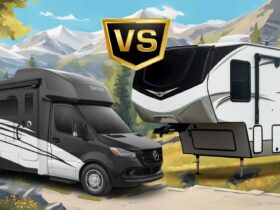
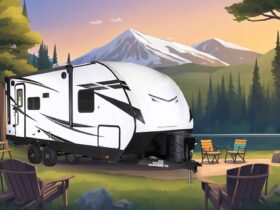
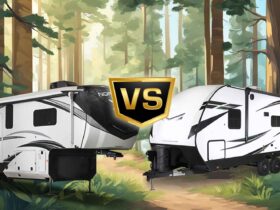
Leave a Reply